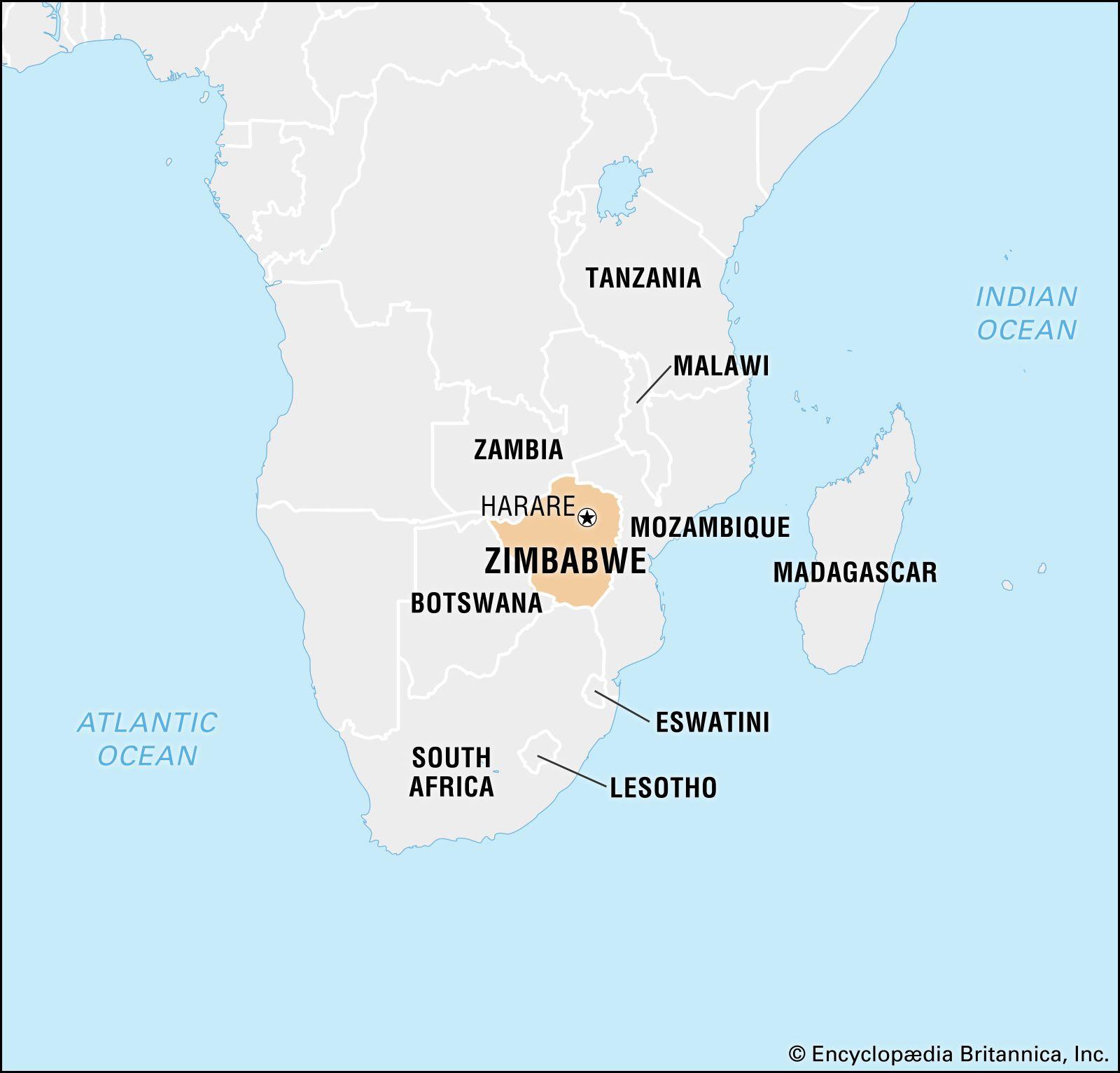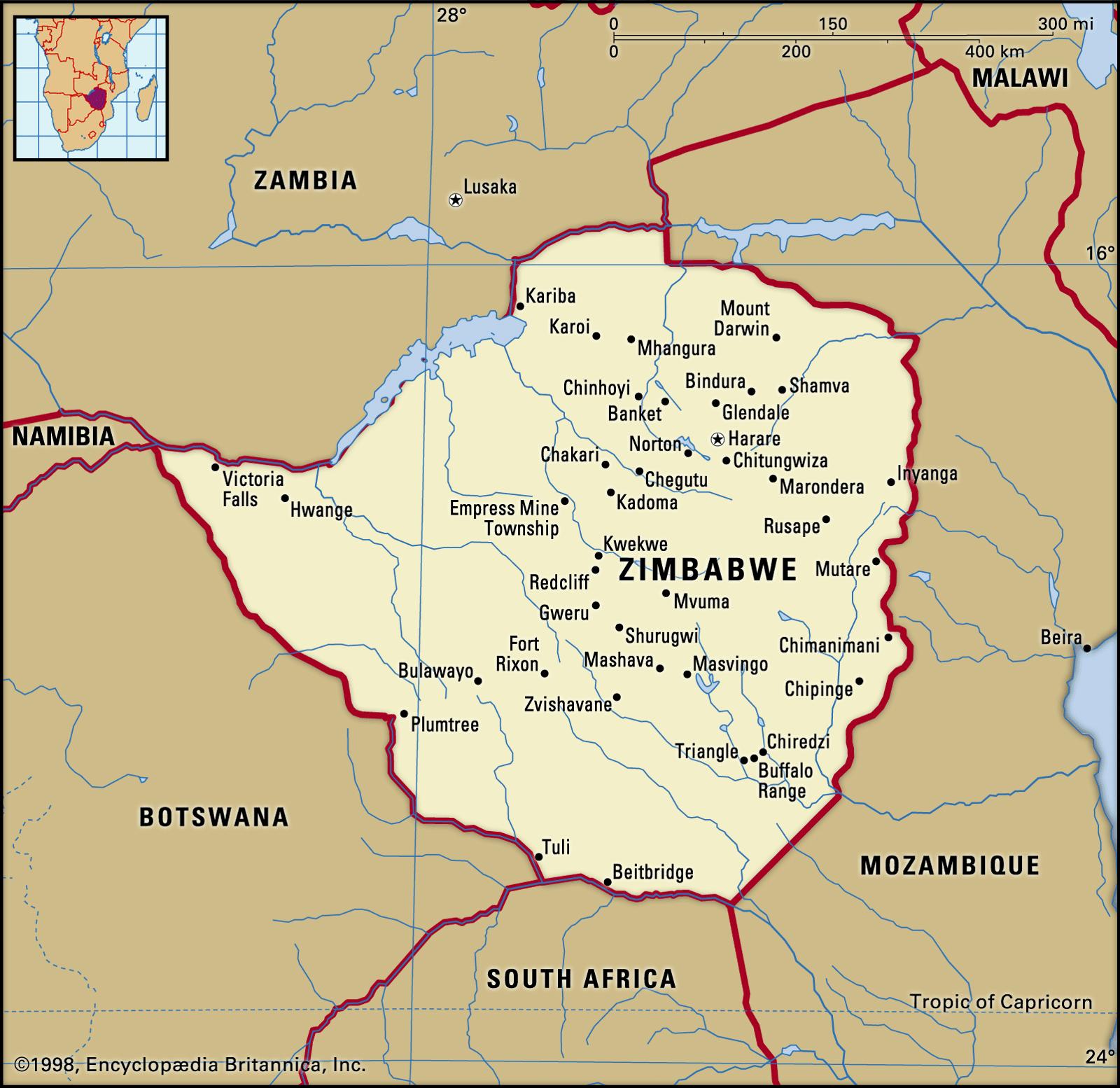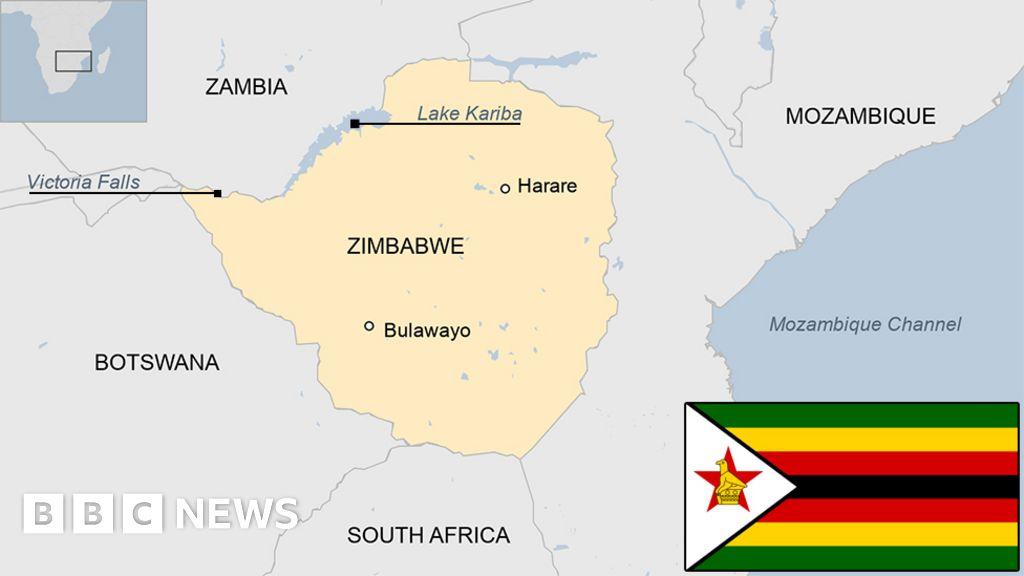Zimbabwes Historic Move: Abolishing the Death Penalty After Two Decades
In a landmark decision that has reverberated throughout the region, Zimbabwe has officially abolished the death penalty, marking a meaningful shift in its approach to justice and human rights. This landmark move comes nearly two decades after the last execution took place in the nation, reflecting a broader global trend towards the abolition of capital punishment. Advocates of this change have celebrated the decision as a victory for human rights, emphasizing that it aligns with international norms and promotes the dignity of all individuals, regardless of their alleged crimes.
The government’s resolution to abolish the death penalty was influenced by various factors, including:
- the growing international condemnation of capital punishment as a violation of human rights.
- continued advocacy from both local and international human rights organizations.
- Evidence suggesting that the death penalty does not deter crime more effectively than life imprisonment.
- A shift in public opinion favoring rehabilitation over retribution.
As Zimbabwe moves forward with this pivotal decision, it opens the door for thorough legal reforms and a reevaluation of its justice system, emphasizing rehabilitation, fair trial rights, and a focus on restorative justice practices. The abolition of the death penalty is a testament to the country’s commitment to evolving its legal frameworks in accord with contemporary human rights standards, paving the way for a more humane approach to justice in the years to come.

The Impact on Human Rights: Repercussions of Eliminating Capital Punishment
The abolition of capital punishment in Zimbabwe marks a significant shift in the nation’s approach to human rights and justice. By eliminating the death penalty, the government acknowledges the inherent dignity of all individuals, reaffirming the principle that every life holds value. This decision aligns with a growing global movement that advocates for the preservation of life and fundamentally challenges the legitimacy of state-sanctioned killing. countries that have already moved away from capital punishment often witness a decline in the discriminatory application of justice, as marginalized groups frequently bear the brunt of unfair sentencing practices related to the death penalty.
Furthermore,the move signals a commitment to rehabilitation over retribution,fostering a justice system focused on restorative practices rather than punitive measures. The feedback from human rights organizations has been overwhelmingly positive, emphasizing that abolishing the death penalty can enhance the nation’s reputation on the international stage, attracting both investment and tourism. Additionally, it may pave the way for comprehensive reforms to address systemic issues within the judiciary that have long plagued the country, perhaps leading to more equitable treatment for all citizens and a deeper respect for essential human rights.

Public Opinion Divided: Understanding Zimbabweans perspectives on the Change
The recent decision to abolish the death penalty in Zimbabwe has ignited a spectrum of reactions among citizens, showcasing a nation grappling with its own moral compass. On one side, advocates for human rights laud the move as a progressive step toward a more humane justice system. Thay argue that abolishing capital punishment aligns with global trends and reflects a commitment to uphold the sanctity of life. Many express relief, highlighting points such as:
- Restorative Justice: A belief in rehabilitation over retribution, emphasizing the potential for offenders to reintegrate into society.
- International Relations: Aiming to enhance Zimbabwe’s standing on the global stage, particularly with nations advocating for human rights.
- Moral Dilemma: Questioning the ethics of state-sanctioned killings, with many feeling it contradicts fundamental human rights.
Conversely, a ample portion of the population remains skeptical, viewing this change as potentially undermining law and order in a country already grappling with a high crime rate. Detractors fear that the lack of capital punishment might embolden criminals, leading to an increase in violent crimes. Their concerns include:
- Public Safety: Worries that abolishing the death penalty could send a message that severe crimes will not be met with the harshest penalties.
- Victim Advocacy: Many family members of crime victims express feelings of betrayal,believing that justice should be served in a manner that reflects the severity of the crime.
- Trust in Justice System: Skepticism about the existing judicial system’s ability to handle violent offenders without the deterrent effect of capital punishment.

path Forward: Recommendations for Reforming the Justice System Post-Death Penalty
the abolition of the death penalty presents an prospect for profound reform within Zimbabwe’s justice system. Moving forward,it is crucial to establish a comprehensive framework that emphasizes rehabilitation over retribution. Key recommendations for reform include:
- Investment in Rehabilitation Programs: Allocate resources to create effective rehabilitation initiatives that focus on reintegrating former offenders into society.
- Strengthening Legal Portrayal: Ensure that all individuals, regardless of socio-economic status, have access to competent legal counsel to facilitate fair trials.
- Enhancing Judicial Clarity: Implement measures that increase the accountability of the judiciary, fostering public trust in the system.
- Community-Based Sentencing Alternatives: Develop community service and restorative justice options to address minor offenses, alleviating prison overcrowding.
Moreover, the conversation surrounding justice must include the voices of marginalized communities who are disproportionately affected by harsh sentencing practices. Incorporating thes perspectives can lead to:
- Policy reform that Reflects Social Equity: Ensure that laws are crafted with input from a diverse demographic, prioritizing fairness and equity.
- Public Awareness Campaigns: Educate the populace on the implications of abolition and encourage dialog on option justice approaches.
- Regular Review of Sentencing Guidelines: Establish a commission to periodically assess and revise sentencing to ensure it meets the evolving standards of justice and human rights.
